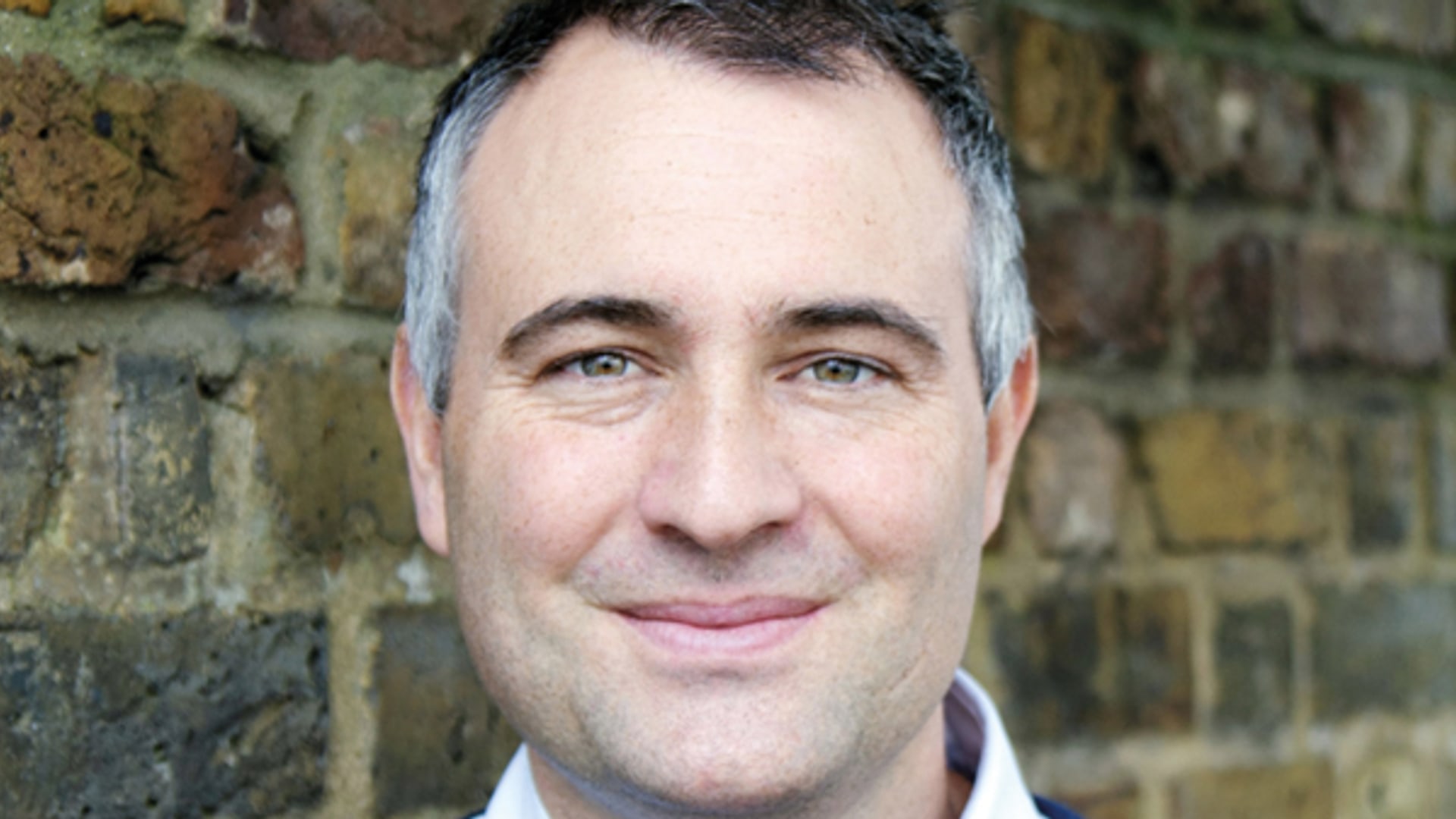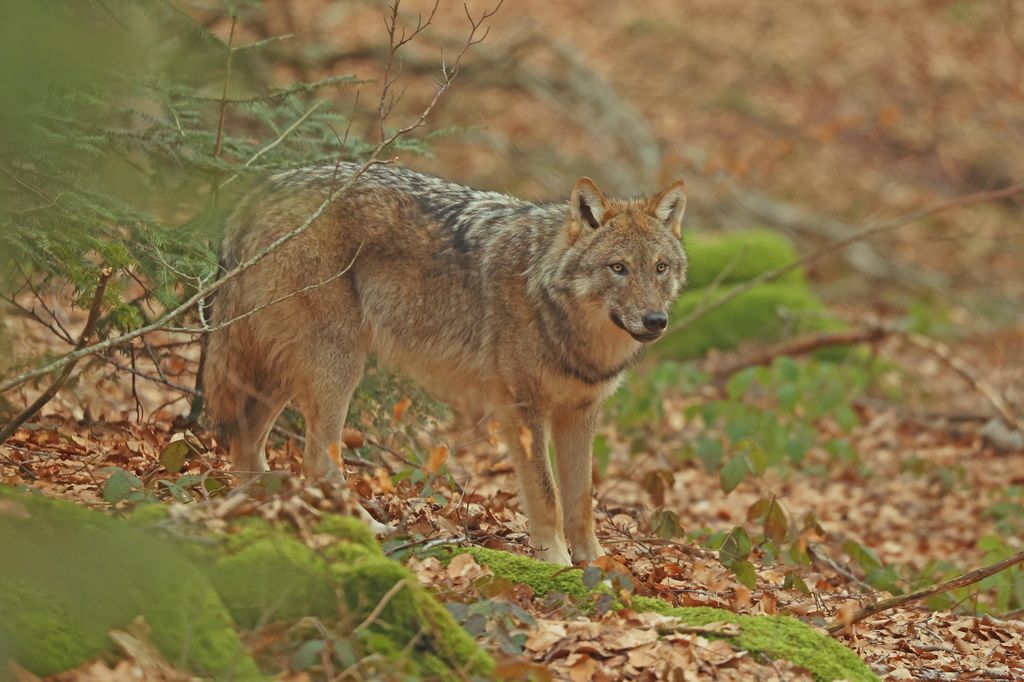When it comes to the animals that we want to protect, wolves might not normally top the list. The animal has been portrayed for decades in films as a vociferous predator, however, speaking to HELLO! as part of The Big Give, businessman and environmentalist Ben Goldsmith explains why this is an unearned reputation.
Speaking about the success stories of recent re-wilding attempts, including beavers being re-introduced to Britain, he said: "The recovery of Europe's larger wildlife, from beavers to brown bears, is one of the greatest conservation success stories ever. The return of wolves is perhaps the most remarkable, given how committed earlier generations had been to their eradication.
"Only on Europe’s larger islands, such as Great Britain, Ireland and Sicily, is the return of key wildlife species still awaited. Considered the devil incarnate, for centuries wolves were remorselessly hunted, trapped and dragged back to be ritually burned or torn apart by dogs before baying crowds. A whole-of-society effort was mustered to do away with them."
Ben highlighted how the absence of wolves from the natural habitat can actually be harmful for the environment, using the Scottish Highlands as an example. "The beautiful but utterly denuded Highlands of Scotland show what happens in wild landscapes stripped of their wolves," he said.
"Deer numbers explode, stripping the hills and glens of their young trees, rich scrub and wildflowers and unleashing an ecosystem collapse which the Highlands, and Ireland, have in common with swathes of Sicily. The absence of wolves is felt more acutely still in our agriculturally productive landscapes, where food production is now threatened by growing hordes of hungry deer."
However, despite wolves being so important for the natural food chain, they are still facing issues from people who worry about their reputation and farmers who are worried that the animals may attack their own livestock. "On the continent however, wolves are back in growing numbers, and with them, calls for eradication from a small but vociferous minority," Ben told us. "The killing of wolves has already begun in Sweden, Norway and Switzerland.
Disspelling some of the myths around wolves, he added: "The justification given is shaky, including the dangers posed by wolves to pets, livestock and even to people, even though wolves are timid, avoiding humans at all costs. Certainly, wolves are a nuisance for some livestock farmers, but the scale of the impact is substantially overstated. France's burgeoning wolf population accounted for just 0.2% of all the sheep lost to natural causes last year. Meanwhile, increasingly effective wolf coexistence measures are being rolled out across Europe’s pastoral landscapes.
"How can we lecture countries far poorer than ours on co-existence with leopards, lions and tigers if we can’t find it within ourselves to tolerate secretive, far-less-scary wolves in our own midst? We should look seriously at restoring wolves to Britain. Is the idea really so mad? There are now more wolves in the densely populated, intensively farmed Netherlands than there are in Norway!
Ben is the chair of the Conservation Collective, which works towards "supporting efforts towards coexistence with wildlife and wilder landscapes". Sharing more about the charity, Ben said: "The conversation is underway not just here in Britain, but in Sicily, where the marvellous Sicily Environment Fund, part of the Conservation Collective. The charity, like hundreds of others doing vital work on the environment, is taking part in Big Give's Green Match Fund which runs until April 25 and will double all public donations made via biggive.org.
"If we are to rediscover harmony with nature, we must learn to live alongside the wolf, an intelligent, mysterious, social creature which plays such a vital role in maintaining the health of our shared natural environment and whose presence injects a much-needed frisson into our lives."
Ben Goldsmith is an environmentalist and chair of the Conservation Collective. To support the work of the charity, search for Sicily Environment Foundation at bigggive.org.












